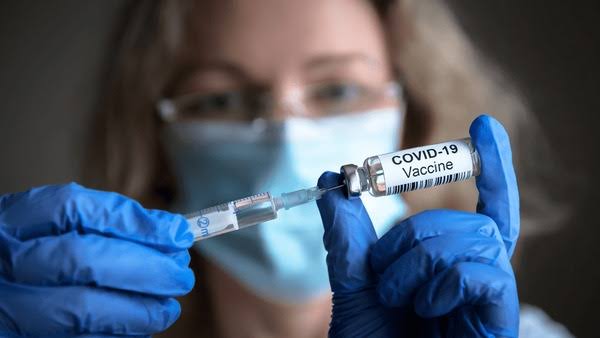As of 2025, over a decade has passed since the first COVID-19 vaccines were administered to the public. In this time, billions of people around the world have been vaccinated, leading to significant reductions in severe illness, hospitalization, and death caused by the SARS-CoV-2 virus. However, with any large-scale medical intervention, long-term effects remain a topic of interest and concern. So what do we know about the side effects of coronavirus vaccines after 10 years in the human body?

A Strong Safety Profile
First and foremost, data gathered over the last decade has confirmed that COVID-19 vaccines, particularly mRNA-based ones like Pfizer-BioNTech and Moderna, have maintained a strong safety profile. Short-term side effects, such as soreness at the injection site, fatigue, fever, and headache, were well documented early on and typically resolved within a few days. Long-term surveillance has found no widespread adverse effects that would call the safety of the vaccines into question.
Health agencies such as the CDC, WHO, and EMA have continued to monitor vaccine recipients through extensive pharmacovigilance programs. These systems track potential health issues that may be linked to vaccines, using large databases and real-world evidence. As of 2025, no patterns have emerged that suggest widespread, severe long-term harm caused by the COVID-19 vaccines.
Rare But Notable Events
While the majority of people have experienced no long-term issues, there have been rare side effects that warrant attention. For example, some younger males who received mRNA vaccines experienced cases of myocarditis (inflammation of the heart muscle), typically after the second dose. These cases were generally mild and resolved with minimal treatment. Over time, most affected individuals recovered fully.
Additionally, rare blood clotting disorders were observed with adenovirus-based vaccines like Johnson & Johnson and AstraZeneca, particularly in younger women. These incidents led to changes in vaccine recommendations in several countries, and the use of such vaccines has since declined significantly in favor of mRNA and protein-based vaccines.

Autoimmune and Neurological Concerns
One area of ongoing research involves the potential for vaccines to trigger autoimmune responses or neurological symptoms in susceptible individuals. So far, studies have not found conclusive evidence that COVID-19 vaccines significantly increase the risk of chronic autoimmune diseases or neurological disorders in the general population. In fact, infection with the virus itself appears to carry a higher risk of such complications than the vaccine.
Researchers continue to examine whether certain genetic or preexisting conditions might make a small number of individuals more prone to long-term side effects. These investigations are complex and ongoing but have not resulted in any major red flags to date.
Benefits Continue to Outweigh the Risks
The consensus among medical and scientific communities is clear: the benefits of COVID-19 vaccination far outweigh the risks. The vaccines helped bring the pandemic under control, protected vulnerable populations, and prevented millions of deaths. The small risk of side effects, particularly long-term ones, is minimal compared to the risks associated with COVID-19 infection itself.
Moving Forward
As we look to the future, vaccine technology continues to evolve. mRNA technology is being adapted for other diseases, from influenza to cancer, building on the success of the COVID-19 response. Meanwhile, the long-term effects of the vaccines will continue to be studied and documented, providing even more clarity in the years to come.
In conclusion, ten years after the rollout of COVID-19 vaccines, the evidence supports their long-term safety in the vast majority of people. While rare side effects have been identified, the overall impact of the vaccines has been overwhelmingly positive in both individual and public health contexts.










